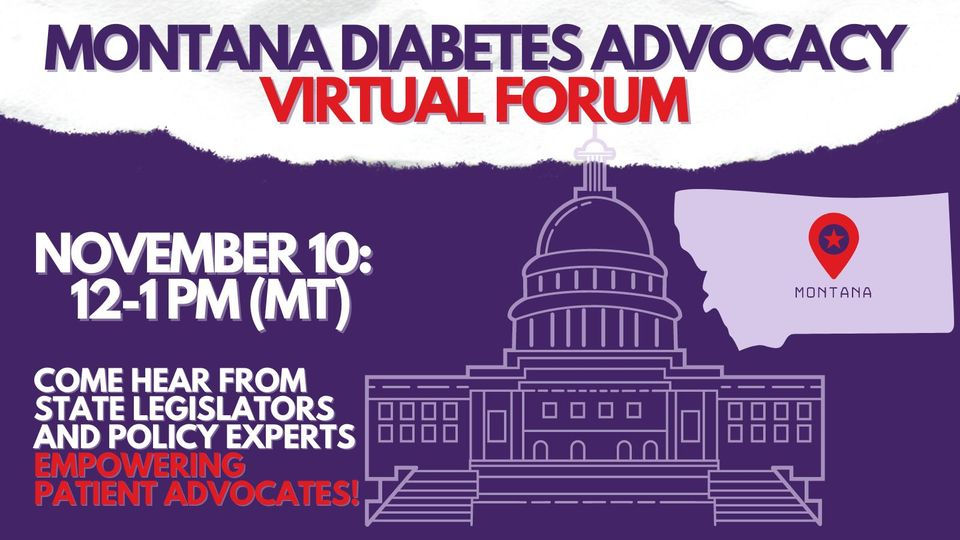Finding Support for Type 1 Diabetes
- Jeremy Rolfsmeyer
- Nov 1, 2025
- 3 min read
Living with Type 1 Diabetes can feel overwhelming at times. Managing blood sugar levels, insulin doses, and daily routines requires constant attention. But you are not alone. There are many ways to find support that can make this journey easier and more hopeful. Connecting with others who understand your experience can provide comfort, practical advice, and encouragement. This post will guide you through valuable diabetes support resources and share ideas to help children, teens, and families in Montana feel empowered and confident in managing Type 1 Diabetes.
Understanding the Importance of Diabetes Support Resources
Support resources are essential for anyone living with Type 1 Diabetes. They offer more than just information. They provide a community where you can share your challenges and successes. For children and teens, having a network of peers and mentors who understand their daily struggles can boost confidence and reduce feelings of isolation.
Support resources come in many forms:
Educational programs that teach diabetes management skills.
Peer support groups where kids and teens can connect.
Financial aid to help with the cost of supplies and treatments.
Counseling services to address emotional and mental health needs.
In Montana, organizations like the Montana Youth Diabetes Alliance (MYDA) are dedicated to creating these opportunities. They focus on empowering young people and their families to take control of their health with confidence.

How to Access Diabetes Support Resources in Montana
Finding the right support starts with knowing where to look. Here are some practical steps to connect with helpful resources in Montana:
Reach out to local diabetes organizations. Groups like MYDA offer programs tailored to children and teens. They provide workshops, camps, and social events that build skills and friendships.
Talk to your healthcare team. Doctors, nurses, and diabetes educators can recommend support groups and educational materials.
Explore online communities. Websites such as type 1 diabetes support provide forums, webinars, and resource libraries.
Attend local events. Health fairs, school programs, and community centers often host diabetes-related activities.
Ask about financial assistance. Many organizations offer grants or subsidies to help cover the cost of insulin pumps, glucose monitors, and other supplies.
By taking these steps, families can find a network that fits their needs and lifestyle.

Building a Supportive Environment at Home and School
Support doesn’t stop outside the home. Creating a positive environment at school and within the family is crucial for managing Type 1 Diabetes effectively.
At Home
Establish routines. Consistent meal times, insulin administration, and blood sugar checks help children feel secure.
Encourage open communication. Let children express their feelings about diabetes without judgment.
Educate family members. Everyone should understand the basics of diabetes care and how to respond in emergencies.
At School
Work with school staff. Share your child’s care plan with teachers, nurses, and coaches.
Promote awareness. Help classmates understand Type 1 Diabetes to reduce stigma.
Plan for emergencies. Ensure the school has quick access to glucose tablets, insulin, and contact information.
These steps create a safety net that supports children’s independence and well-being.
Practical Tips for Managing Type 1 Diabetes Daily
Managing Type 1 Diabetes is a daily commitment. Here are some actionable tips that can help children and teens stay on track:
Use technology. Continuous glucose monitors and insulin pumps can simplify management.
Keep a diabetes journal. Tracking blood sugar levels, food intake, and activity helps identify patterns.
Plan meals and snacks. Balanced nutrition supports stable blood sugar.
Stay active. Regular exercise improves insulin sensitivity and overall health.
Prepare for travel and activities. Pack extra supplies and inform supervisors about diabetes care needs.
Remember, it’s okay to ask for help and take breaks when needed. Managing diabetes is a team effort.
Finding Emotional Support and Building Resilience
Living with Type 1 Diabetes can be emotionally challenging. Feelings of frustration, anxiety, or sadness are common. Finding emotional support is just as important as managing physical health.
Join support groups. Sharing experiences with others who understand can reduce loneliness.
Seek counseling. Professional therapists can help children and families develop coping strategies.
Practice self-care. Encourage hobbies, relaxation techniques, and positive self-talk.
Celebrate successes. Recognize small victories to build confidence and motivation.
Building resilience helps children and teens face challenges with strength and hope.
Moving Forward with Confidence and Community
Finding support for Type 1 Diabetes is a journey that involves many steps. By connecting with local resources, building supportive environments, managing daily care, and nurturing emotional health, families in Montana can feel empowered. The Montana Youth Diabetes Alliance is here to help expand educational programs and financial aid so no family feels isolated or overwhelmed.
If you or someone you know is looking for guidance, consider visiting type 1 diabetes support to explore available resources. Together, we can create a community where every child and teen with Type 1 Diabetes thrives.




Comments